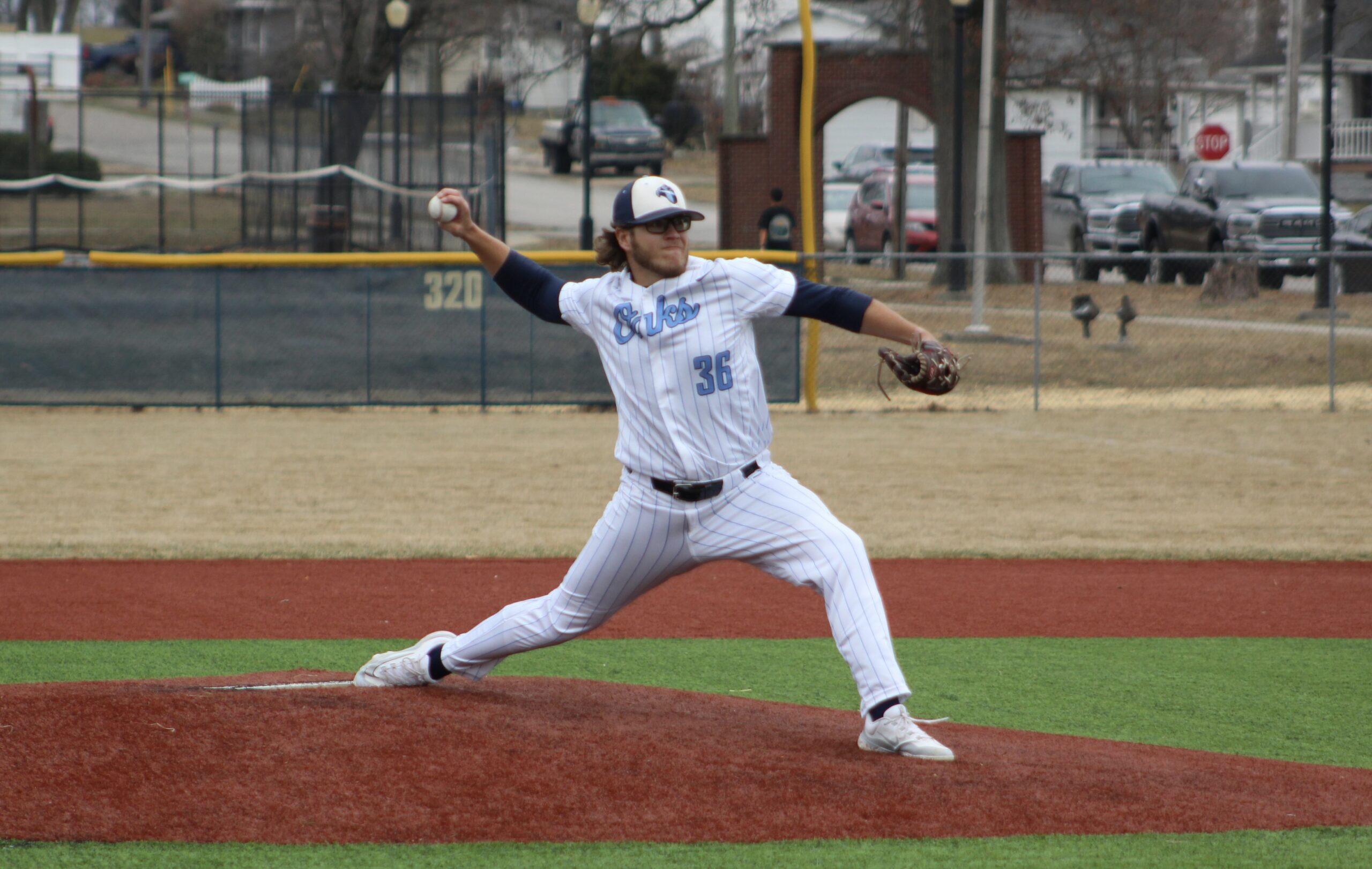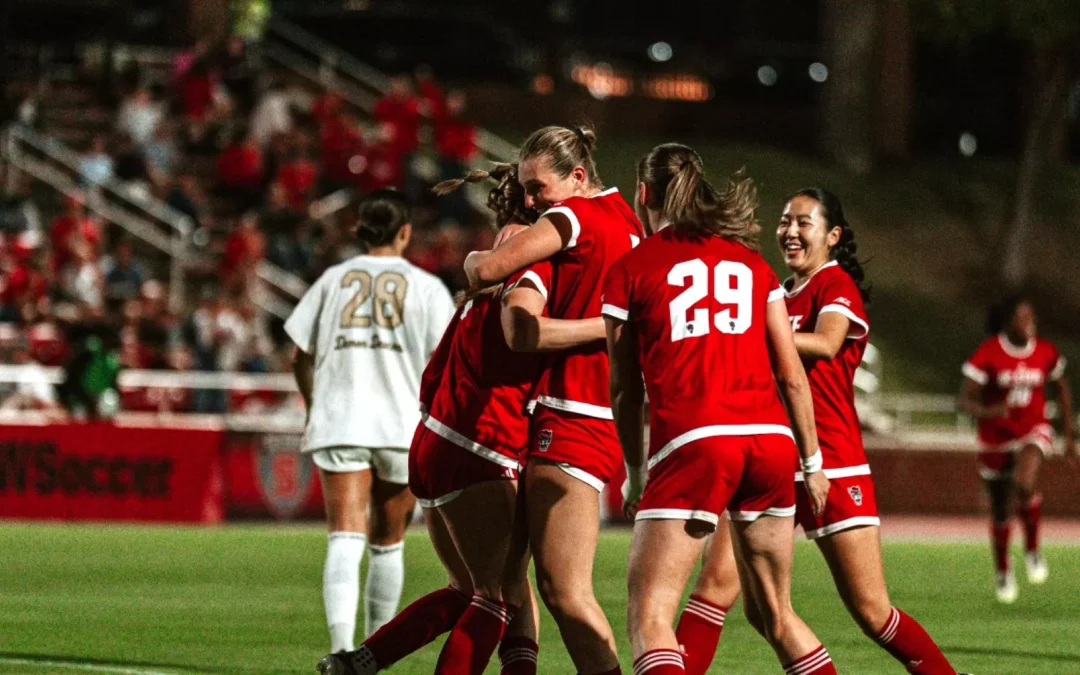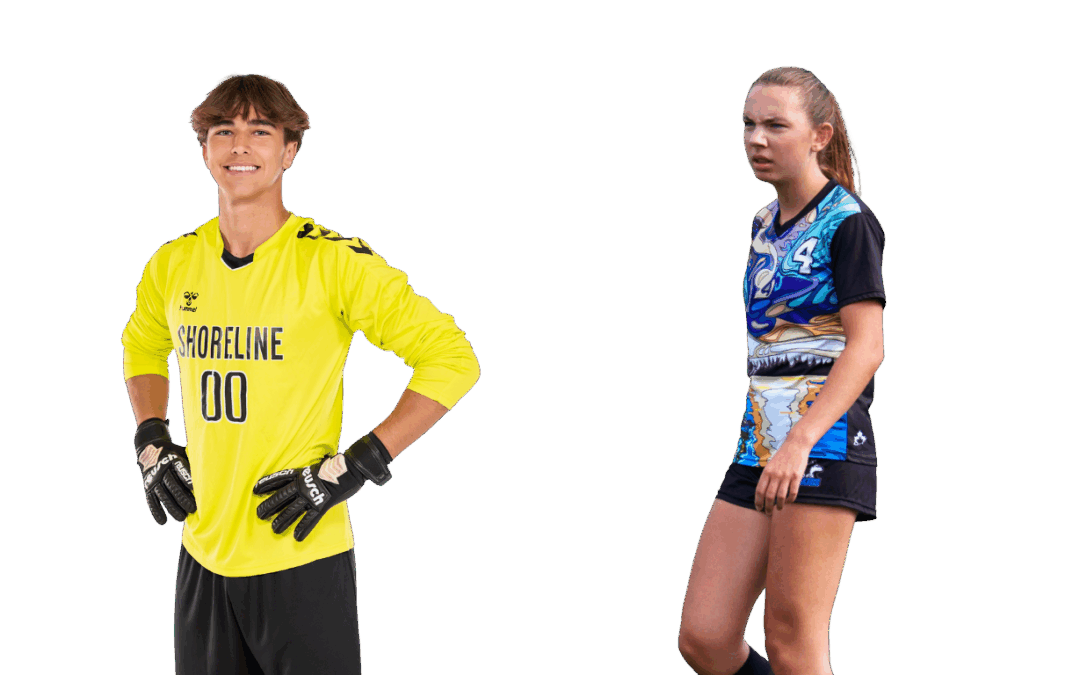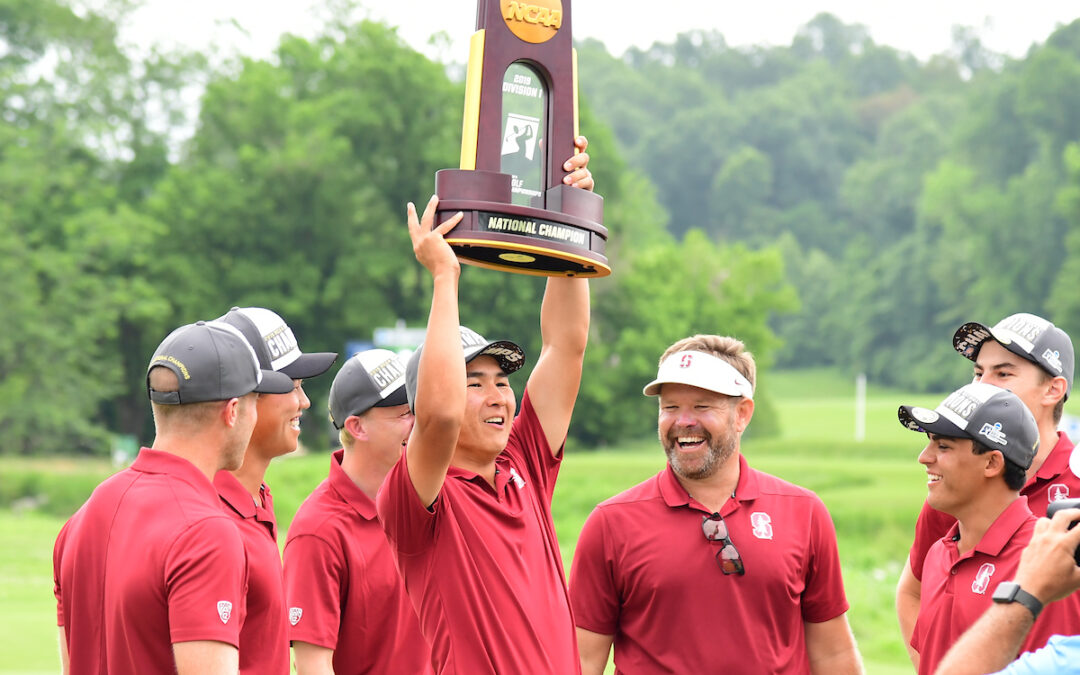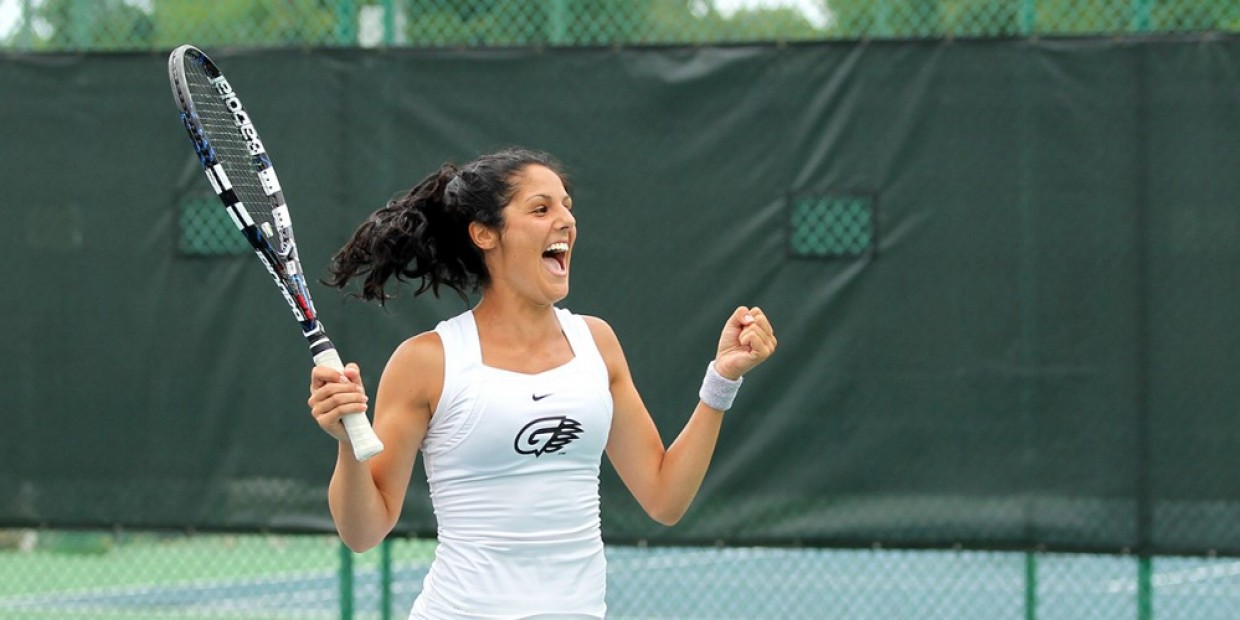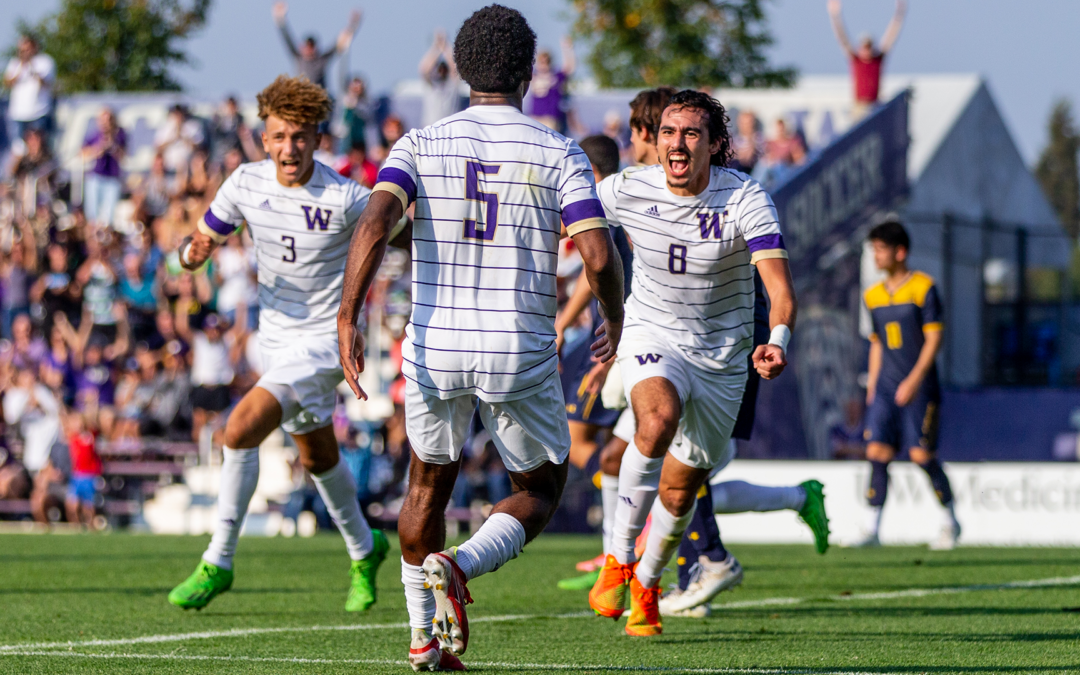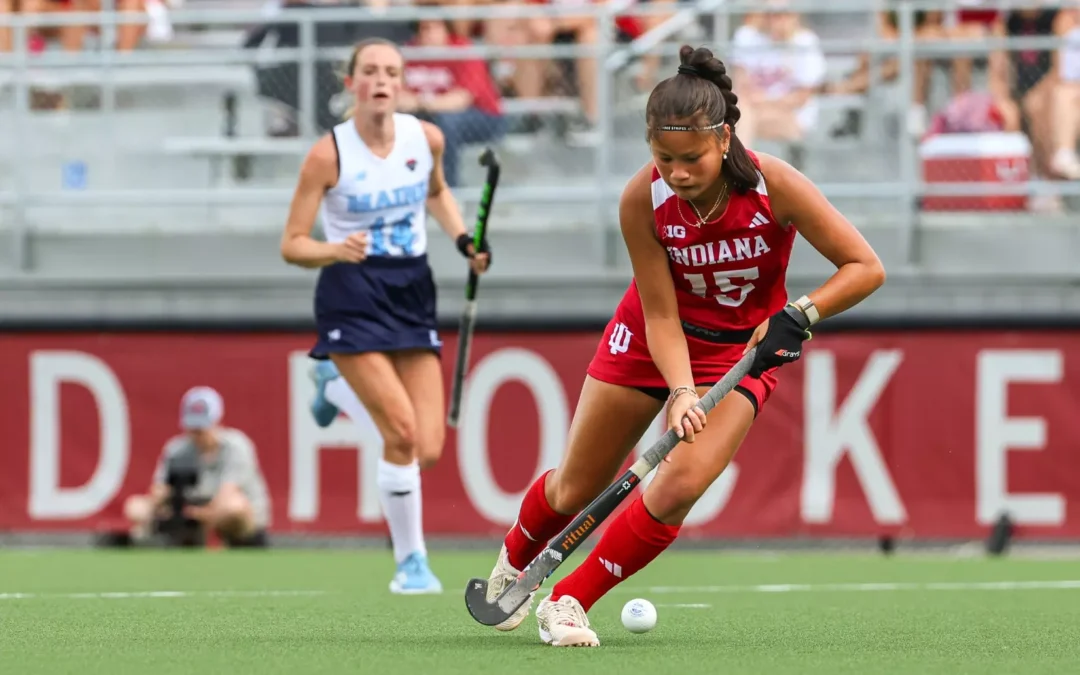The dream of playing under the bright stadium lights while studying at an American university is alive for many ambitious baseball players. The American college system offers a unique opportunity to develop your athletic talent at a top level while earning an internationally recognized degree.
What many players don’t realize is that college baseball isn’t just reserved for future pros. There are hundreds of universities and colleges, from absolute top-tier teams to programs where development, enjoyment, and personal growth are central. This means there is a place for every level to grow as both a player and a student.
However, the path to a baseball scholarship differs significantly from other sports. The role of Community Colleges (JuCos) is especially important. In this article, we explain how the American college system works, what college baseball levels exist in the USA, and how your current level translates to a spot in the NCAA, NAIA of NJCAA.
The different levels in college baseball
American college baseball is divided among three main organizations: NCAA, NAIA, and NJCAA. Each level offers unique advantages depending on your ambitions, academic background, and athletic development.
NCAA Division I:
The absolute top level
This is the absolute highest level, where future professionals play. The facilities are world-class, and games are often broadcast on TV. The level of competition is extremely high, and the battle for a roster spot is fierce. Scholarships are available, but D1 teams recruit the absolute top talents from around the world.
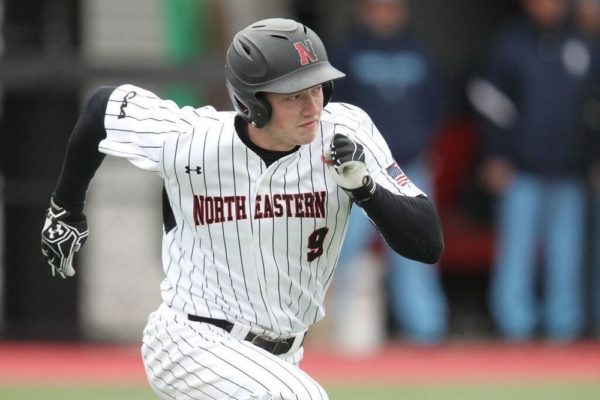
NCAA Division II: Competitive but more balanced
D2 offers a fantastic balance between very high-level baseball and a focus on academics. The programs are still extremely competitive, but the schedule is often more flexible. For many international players, D2 is a perfect destination where they can get significant playing time and continue to develop. Plenty of scholarships are also available here, often combined with academic scholarships.
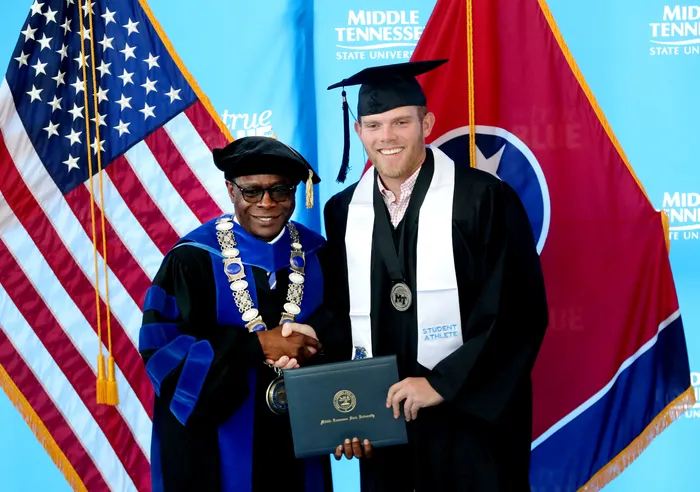
NCAA Division III: Academic focus comes first
Division III is structured differently: no athletic scholarships are awarded here. However, you can count on academic scholarships or financial support through other channels. The baseball level can be surprisingly high, but the focus is more on academics. The skill level varies widely in this division, and there’s a place for everyone.
NAIA: More flexible with the rules
The NAIA is an excellent alternative with highly competitive baseball programs. Top NAIA teams can absolutely compete with NCAA D2 teams. These universities are often smaller, which fosters a close-knit team dynamic and more personal attention from coaches. Plenty of scholarships are available and the eligibility rules are more flexible.
NJCAA: League of two-year colleges
This is the most important message for many talented baseball players: the Junior College (JuCo) route is not a “lesser” option in baseball; it is a highly respected and strategic step. The NJCAA organizes sports at two-year colleges. Why is this such a popular route in baseball?
- Immediate Playing Time: While competitive, the chance of earning a starting spot in your freshman year is much higher than in NCAA D1. Coaches actively develop you to prepare you for the next level. The level here also varies, but it is generally comparable to the NAIA and NCAA Division II.
- Development Visibility: For two years, you play a huge number of games against strong talent. You develop your skills, build your stats, and get significant exposure to scouts from top NCAA D1 and D2 programs. De NJCAA can give you a great possibility to get used to the physicality and pace of college baseball. In addition you will play almost a full time schedule with practice games ( The NCAA and NAIA have limits to outside competition).
- The MLB Draft: Junior College players are eligible to be drafted by Major League Baseball teams after both their first and second years, unlike NCAA players. This makes JuCo a very attractive route for players with professional ambitions.
- Academic Stepping Stone: It offers a perfect way to get accustomed to the American school system and achieve the right grades for a transfer.
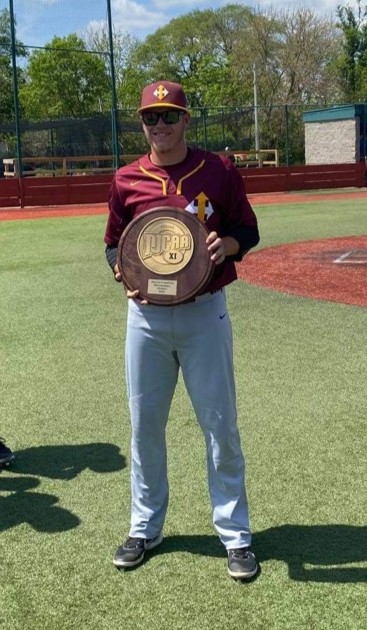
After two years at a JuCo, players with an Associate’s Degree transfer to a four-year university to play their final two seasons and earn their Bachelor’s Degree, often with an excellent scholarship. Our baseball ambassador, Milan van der Breggen, also followed this path. After two years at Indian Hills Community College (NJCAA D1)—including a trip to the JUCO World Series—he transferred to Oakland City University (NAIA). In fact, many famous MLB players began their careers at a Junior College, including Bryce Harper (College of Southern Nevada) and Albert Pujols (Maple Woods Community College).
But players who don’t have immediate professional ambitions also find their ideal environment here to grow, get playing time, and then move on to a four-year university.
What do coaches look at?
Baseball coaches are data-driven. They look at a combination of measurable statistics and physical potential but also at:
Measurable Stats (Metrics): For pitchers, this includes fastball velocity and spin rate. For hitters, exit velocity (the speed of the ball off the bat) and 60-yard dash time are crucial.
Video: Professional video from training sessions (bullpens, batting practice) and games is essential.
Mental, physical potential: Coaches look for athletes they can improve. Size, strength, speed, and athleticism (quick twitch), as well as how you handle pressure, are very important.
Competition and tournaments: What league do you play in your country and do you have national team experience, for example? Participation in major (international) tournaments is also a definite plus.
Academic profile: In addition to your baseball skills, coaches also consider your academic performance. This includes your high school grade point average (GPA) and your TOEFL and SAT/ACT test scores.
Character Team Fit: Coaches pay particular attention to mentality, leadership, and whether you fit well into a team.
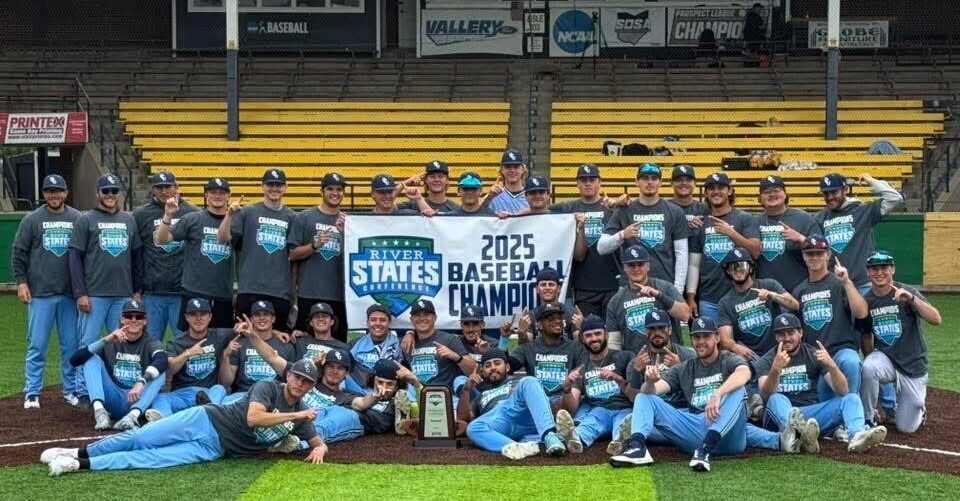
Your American dream begins here
Whether you dream of a professional career or are a motivated baseball player looking to combine sports and studies, there’s a place for you. It’s not about finding the “best” school, but the one that suits you best.
Tip: Start on time! Coaches often fill their teams 1-2 years in advance. The sooner you start preparing, the better your chances of having the ideal baseball experience.
Ready to take the first step?
Curious if your situation is a good fit for college baseball in the US? Contact us for a free, no-obligation evaluation and explore your options!

